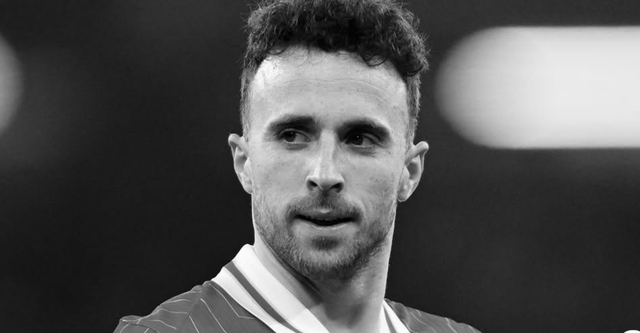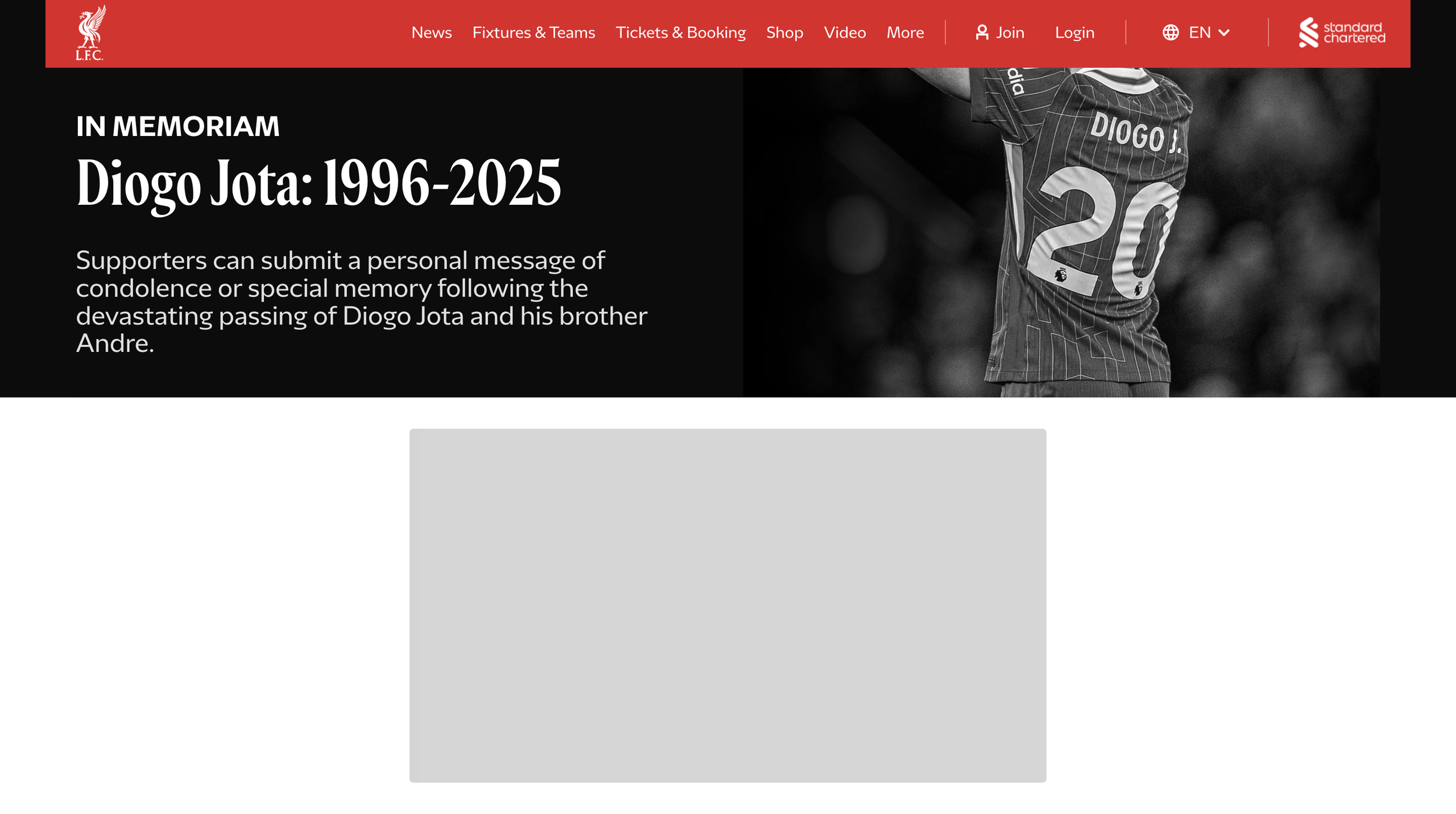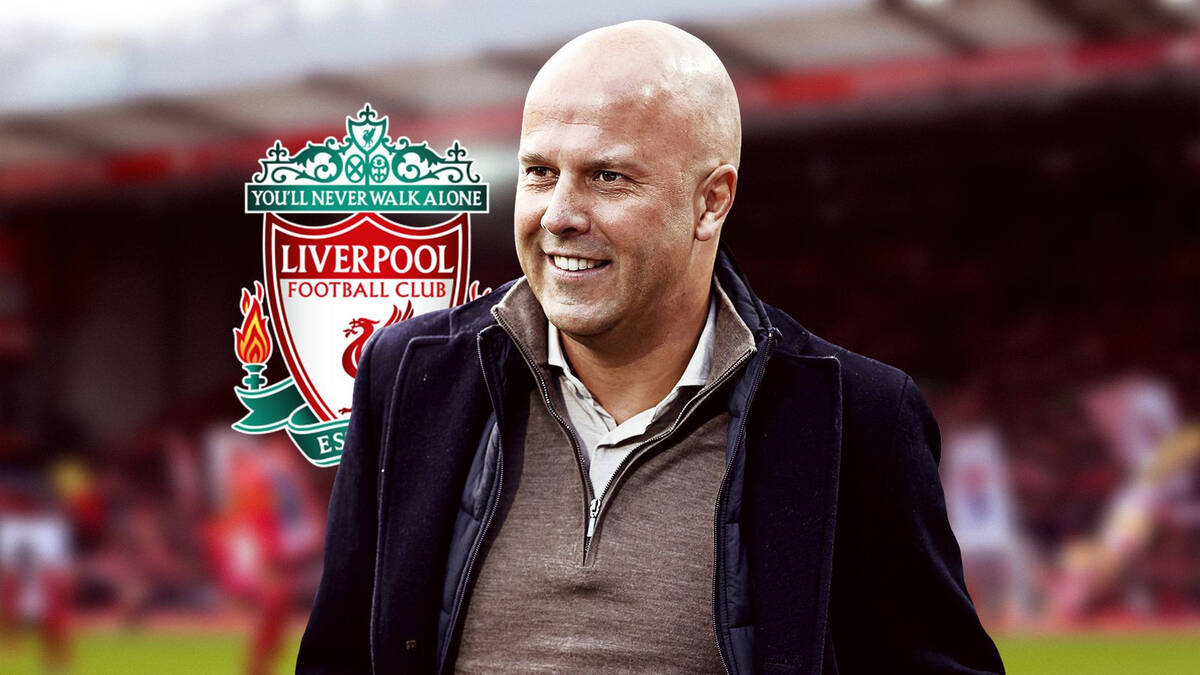In a moment of profound grief, Liverpool manager Arne Slot penned an emotional open letter to honor the late Diogo Jota, the beloved Portuguese striker whose tragic passing has left the football world reeling. The heartfelt message, shared on August 6, 2025, captures the depth of loss felt by the club, its fans, and the global football community. Jota, a cornerstone of Liverpool’s attack since joining from Wolves in 2020, was more than a player—he was a cherished teammate, friend, and family man whose untimely death has sparked an outpouring of tributes and a unified call to celebrate his legacy.
Slot, who took the helm at Liverpool in 2024, opened his letter with raw honesty: “What is there to say? Who can say anything at a time like this, faced with such immense shock and pain? I wish I could say so much, but I know I can’t.” His words, heavy with sorrow, reflect the struggle to articulate the loss of Jota, who died alongside his compatriot Andre Silva in circumstances that have shaken the sport. “All I have are feelings I know so many will share, about a man, a player we dearly loved, and a family we care so deeply about,” Slot wrote, emphasizing Jota’s roles as a father, son, brother, and uncle. His message to Jota’s family—his wife Rute, their three children, and his parents—was unequivocal: “You will never be alone.”

The letter, published on Liverpool’s official website, resonated deeply, igniting a wave of emotion across social media. Fans on X shared excerpts, with hashtags like #DiogoJotaForever and #LFCFamily trending worldwide. One supporter posted, “Arne Slot’s words broke me. Diogo was our heart, and this tribute shows how much he meant to everyone.” Another wrote, “This isn’t just Liverpool’s loss—it’s football’s loss. Rest in peace, Diogo.” The global response, from rival clubs to international stars, underscored Jota’s universal respect, earned through his talent and character.
Jota, who wore the No. 20 shirt, was a fan favorite at Anfield, scoring 67 goals in 162 appearances with his predatory instincts and tireless work rate. Slot highlighted qualities that defined him: “Hard-working, hungry, dedicated, with a brilliant knack for scoring—qualities of a true Liverpool player.” But it was Jota’s off-field persona that truly set him apart. “He never sought fame, but fame found him,” Slot noted. “He was a friend to everyone, someone who made others feel good just by being around them, and deeply devoted to his family.” The manager recalled their final conversation, congratulating Jota on Portugal’s Nations League triumph and his upcoming wedding—a moment that made the tragedy even more heart-wrenching.

Slot’s reflections also touched on Jota’s impact on Liverpool’s supporters. “When I first arrived at the club, one of the first songs I learned was the one Liverpudlians sang for Diogo,” he wrote. “If fans, who’ve seen so many great players over the years, had a unique song for him, I knew he must have been special.” That anthem, echoing through Anfield, became a symbol of Jota’s connection with the Kop, who cherished his relentless spirit. The loss of those qualities, Slot admitted, is something the club “still cannot accept.”
Liverpool’s response to the tragedy has been swift and heartfelt. The club announced that Jota’s No. 20 shirt will be retired permanently—a historic first in its 133-year history, reflecting the depth of his impact. A statement on the club’s website read, “We will find ways to honor our beloved No. 20 with all the respect and love he deserves. We are overwhelmed with sadness and pain. We’ve lost someone truly irreplaceable. Rest in peace, Diogo.” To accommodate global tributes, Liverpool launched an online condolence book, but overwhelming demand caused the site to crash, a testament to Jota’s reach. At Anfield, a physical condolence book was opened, drawing thousands of fans to pen their farewells, with queues stretching around the stadium.
The football community has rallied around Jota’s memory. Rival clubs, including Manchester United and Everton, issued statements of condolence, while players like Mohamed Salah and Cristiano Ronaldo shared personal tributes online. Salah posted a photo of himself with Jota, captioned, “My brother, you’ll never walk alone.” Fans created digital memorials, from montages of Jota’s iconic goals—like his acrobatic finish against Arsenal in 2022—to artwork depicting him in Liverpool’s red, haloed in light. Etsy sellers offered scarves and prints emblazoned with “Diogo Jota: Forever Our No. 20,” reflecting the outpouring of love.

Slot’s letter also called for unity: “We owe it to Diogo, Andre Silva, their families, and ourselves to come together and be there for each other.” The manager’s words have inspired plans for lasting tributes, including a potential statue or a dedicated matchday to celebrate Jota’s legacy. For now, the focus remains on mourning a player whose warmth and talent left an indelible mark. “When the time is right, we will honor Diogo Jota, we will remember his goals, and we will sing his song,” Slot wrote. “Right now, we remember him as a unique human being and mourn his loss. He will never be forgotten.”
As Liverpool prepares to face Aston Villa this weekend, Anfield will hold a minute’s silence, with players wearing black armbands. The Kop is expected to serenade Jota’s name, ensuring his anthem echoes once more. In a sport defined by triumphs and rivalries, Jota’s passing reminds us of its human core. His legacy—on and off the pitch—will endure, carried by a club and a fanbase united in grief and love. “His name is Diogo,” Slot concluded, a simple yet powerful tribute to a man who was, and always will be, one of a kind.


